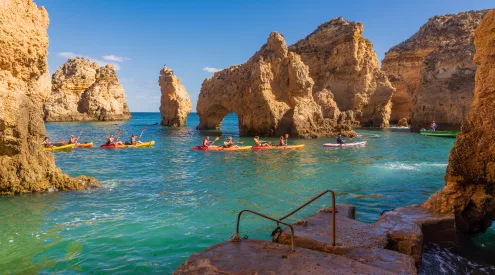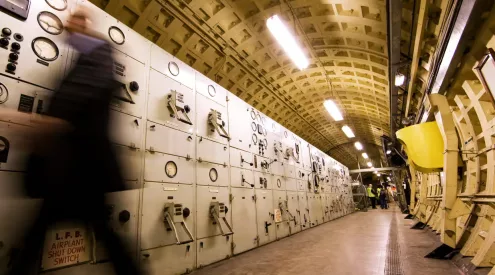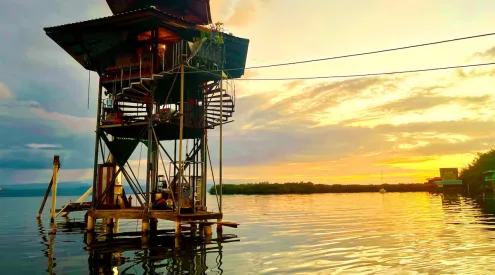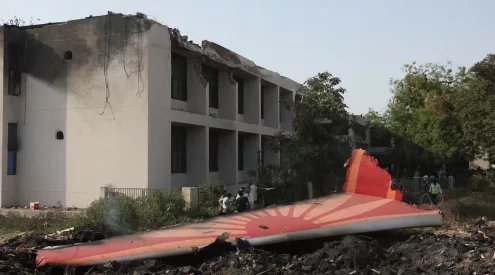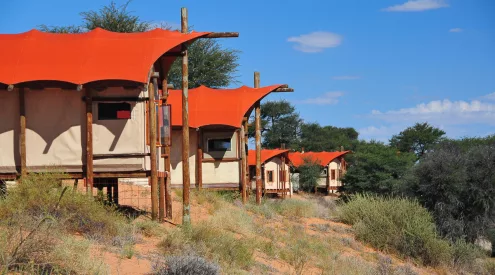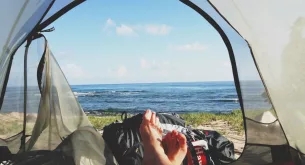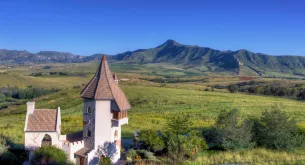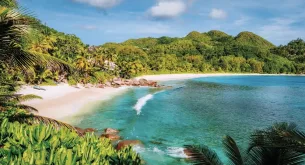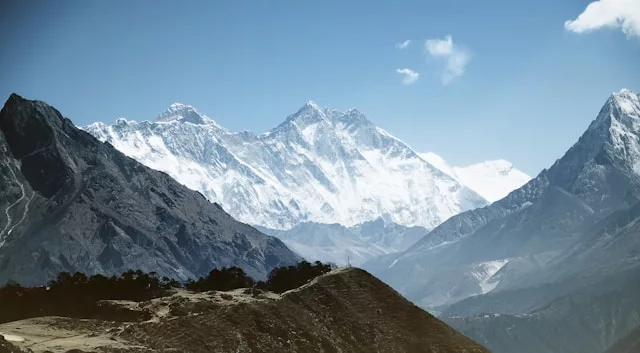
Image: Unsplash
Nepal is preparing to tighten access to Mount Everest, allowing only climbers who’ve previously summited a 7,000-metre peak within its borders to apply for permits.
As per a draft law registered in the National Assembly, climbers would need to provide evidence of summiting at least one 7,000-metre peak within Nepal before attempting Everest. The draft law aims to curb overcrowding, reduce fatalities, and address environmental degradation on the 8,849-metre mountain.
Nepal’s reliance on mountaineering tourism—contributing significantly to foreign exchange earnings—has long been shadowed by criticism over lax permit regulations.
In 2023, the government issued 478 Everest permits, resulting in 12 deaths and five disappearances, as per Reuters. Crowding in the oxygen-starved “Death Zone” (above 8,000 metres) has exacerbated risks, with climbers enduring perilous queues.
The new bill will therefore mandate climbers to submit certification of a prior 7,000-metre summit in Nepal, alongside mandatory health checks from approved institutions.
The draft law has already received pushback.
Ang Tshring Sherpa, a veteran mountaineer told Kathmandu Post: “What’s the real difference between climbing a 7,000-metre peak and an 8,000-metre one? Death doesn’t differentiate. You can die on either,” he said. “With competition growing, this might discourage serious climbers.”
Other international expedition operators have criticised the Nepal-centric requirement.
Lukas Furtenbach of Austria’s Furtenbach Adventures told Reuters that peaks like Peru’s Aconcagua (6,961 metres) or Nepal’s Ama Dablam (6,812 metres) should qualify.
ALSO READ: Africa’s longest high-speed rail line launched in Morocco
Other restrictions on Everest
The bill also enforces Nepali citizenship for sardars (expedition leaders) and guides, a move that aims to boost local employment.
Furtenbach disagrees, citing a shortage of qualified Nepali mountain guides: “It is important that mountain guides have a qualification like IFMGA (International Federation of Mountain Guides Associations), no matter what nationality they are. We do also welcome Nepali IFMGA guides to work in the Alps in Europe,” he told Reuters.
Climbers will also need to present a medical certificate issued within the last 30 days and declare any attempt to break records before the climb.
The draft law has been registered at the Nepal National Assembly, the upper house of parliament, where the ruling alliance holds a majority required to pass the bill.
Follow us on social media for more travel news, inspiration, and guides. You can also tag us to be featured.
TikTok | Instagram | Facebook | Twitter
ALSO READ: How does deep-sea mining impact marine life?


